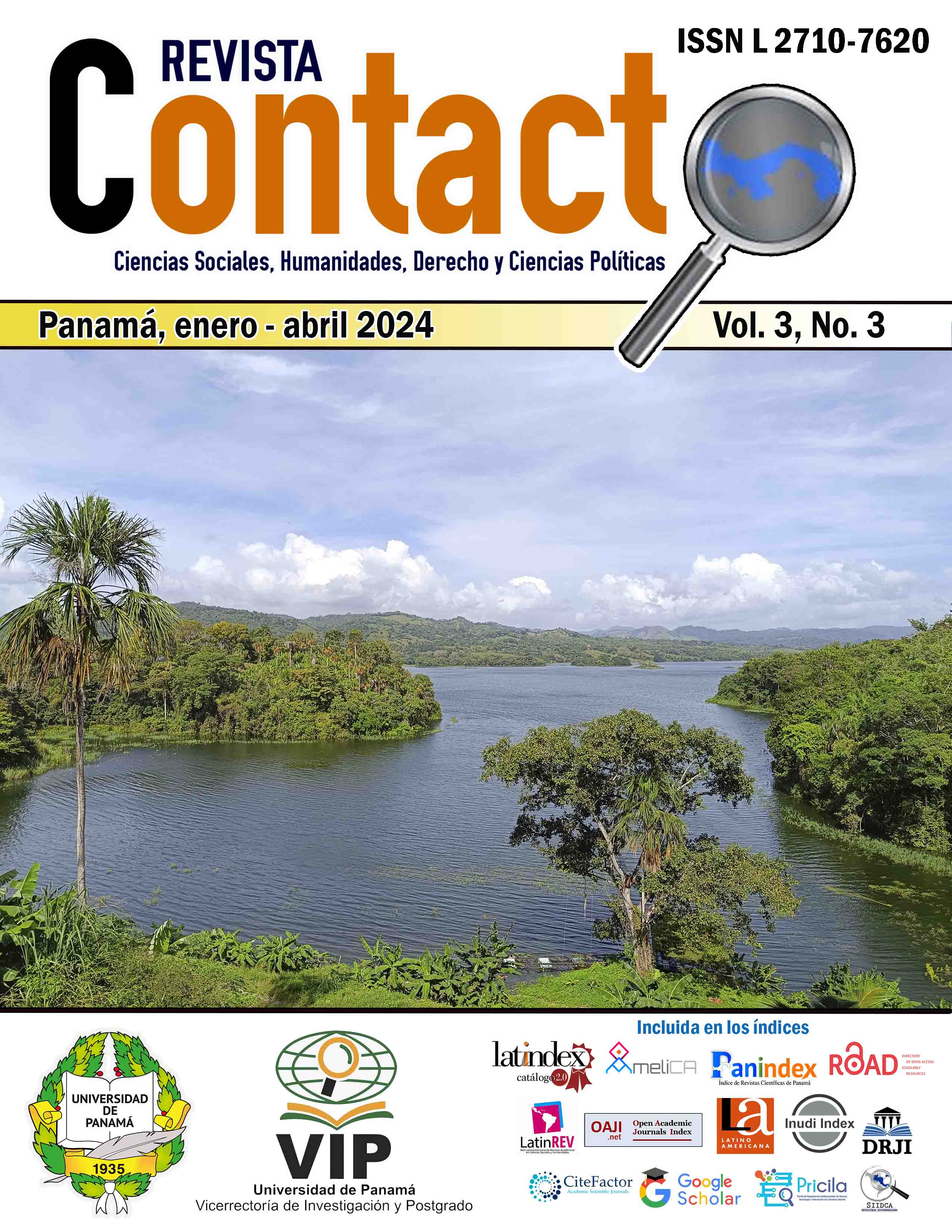

Copyright (c) 2024 Revista Contacto

This work is licensed under a Creative Commons Attribution-NonCommercial-ShareAlike 4.0 International License.
The purpose of the study is to examine Panama's digital generation based on sociodemographic aspects, such as their access to and use of technology, identity, and sense of belonging. In principle, a quantitative design was adopted that included applying a questionnaire composed of 130 questions to a sample of 384 individuals between 18 and 30 years old, distributed in a representative manner regarding gender and ethnic origin at the national level. Regarding access to technology, the results show a marked use of cell phones and Internet access from their homes. Additionally, a significant segment of the sample spends more than 11 hours online daily. Regarding identity, notable differences are identified between the groups studied on issues such as religious beliefs, opinions on equal marriage, and marijuana legalization. However, there is a high acceptance of gender equality in the workplace and a marked willingness to help those who need it. To examine these differences, t-statistics tests, and analysis of variance (ANOVA) were performed. These tests were carried out to evaluate the divergences in the means between the groups. The digital generation has grown immersed in technology, profoundly impacting their perception of the world and activism on social issues, including environmental conflict.